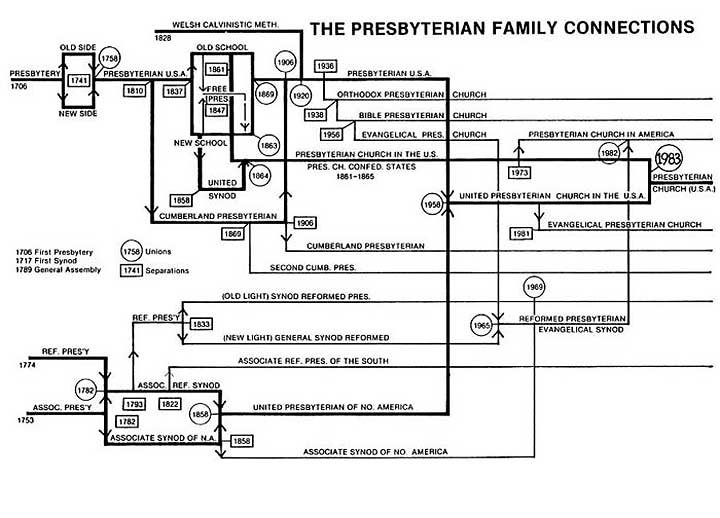
Confession of 1967
Historical Context:
Cold war:
Berlin Wall (erected 1961), Bay of Pigs (1961), Cuban Missile Crisis (1962)
Civil Rights:
Rosa
Parks (1955), Brown vs. Brown (1954), Little Rock School integration
(1957),
Civil
Rights March in Selma (1963), Civil Rights Act (1964)
Vietnam:
USA entered the war in1961. In 1967 there were 500,000 US troops in Vietnam. In 1967 alone 9,353 troops are killed in the war. Anti-war protests peaked in 1968.
Feminist Concerns:
The Sexual Revolution (the pill-1960), Feminine Mystique (1963), NOW (1966)
Other events:
JFK
assassinated (1963), riots in LA (1965) and Detroit (1967), Free
Speech Movement (1964),
apartheid in South Africa, 6-day war (1967),
counter-cultural "revolution"
Theological context:
Liberal
Christianity is a movement within Christianity
that is characterized in part by the following features:
an
embracing of higher
criticism
of the Bible
with a corresponding willingness to question supernatural elements
of biblical stories (e.g., the virgin
birth)
the
rejection of biblical literalism and the inerrancy
of the Bible
the
belief that human beings are basically good and that by cooperating
with God, people would bring the kingdom of God on earth. American
fundamentalism included
beliefs which became known as the "five fundamentals" Inerrancy
of the Scriptures
The
virgin birth and the deity of Jesus
The
doctrine of substitutionary atonement through God's grace and human
faith
The
bodily resurrection of Jesus
The
authenticity of Christ's miracles (or, alternatively, his
premillenial second coming. Neo-orthodoxy
is primarily associated with the Swiss Protestant
Karl
Barth,
Emil
Brunner,
Rudolf
Bultmann and
Reinhold
Niebuhr. Its
beliefs include: A
strong emphasis on the revelation
of God
by God as the source of Christian doctrine.
Natural
theology
states that knowledge of God can be gained through a combination of
observation of nature and human reason.
Barth totally rejected natural theology. A
stress on the sinful
nature of humanity.
The neo-orthodox believed that the First World War had discredited
any notion of inevitable progress; i.e. the idea that good people
and good societies would ultimately evolve. Although pessimistic
about human nature, many in the movement were involved in political
activism. Barth was expelled from Germany by Hitler
because of his anti-Nazi
stance. Neo-orthodoxy
is distinct from both liberal Protestantism and fundamentalism.
This can be seen in Barth's understanding of the Bible. He rejected
the fundamentalist claim that the Christian
scriptures
are infallible. He rejected the modernist
liberal Christian claim of that time, that God could be known through
human scholarship. He believed that the Bible was the key place where
the Word of God can be revealed to human beings, and that an
existential leap of faith is required by the individual to hear what
God has to say.
Denominational context:

The United Presbyterian Church in the USA (UPCUSA) was formed in 1958 as a merger of the United Presbyterian Church in North America (UPCNA) and the Presbyterian Church of the USA (PCUSA). In the same year it proposed that the church draw up a "brief contemporary statement of faith." A committee worked on that statement for 7 years and sent it to the General Assembly in 1965. After changes and acceptance by the presbyteries it was approved in 1967.
The theme of the Confession of 1967 is reconciliation. It is built on the passage of Scripture: "In Christ God was reconciling the world to himself...";(2 Cor. 5:19, NRSV) and also Matthew 5:24 -"first be reconciled to your brother, and then come and offer your gift" (at the altar.)
The Confession of 1967 addresses the church's role in the modern world. With the Confession of 1967, the church also adopted the Book of Confessions.